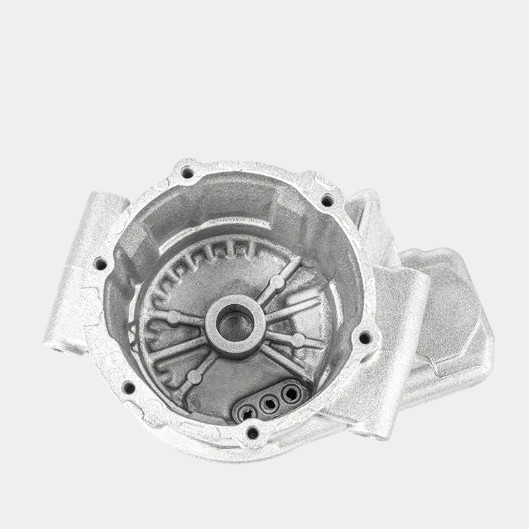The design of aluminum die-casting EV parts plays a crucial role in influencing vehicle efficiency and range. Let's explore how:
Weight Reduction: Aluminum die-casting allows for the creation of lightweight yet strong components. By replacing heavier materials with aluminum, the overall weight of the vehicle is reduced. A lighter vehicle requires less energy to propel, resulting in improved efficiency and extended range.
Optimized Aerodynamics: The design of aluminum die-casting EV parts can contribute to improved aerodynamics. Streamlined shapes and contours help reduce drag, allowing the vehicle to slice through the air more efficiently. Enhanced aerodynamics reduce the energy needed to maintain speed, thus increasing range.
Battery Packaging and Cooling: Components such as battery housings and cooling systems are critical for EV performance. The design of aluminum die-casting parts in these areas can optimize space utilization, ensuring efficient placement of batteries while allowing for effective cooling. Proper thermal management helps maintain battery efficiency and longevity, ultimately contributing to extended range.
Integration of Components: Aluminum die-casting enables the integration of multiple functions into a single part. By consolidating components, such as motor housings and structural supports, designers can minimize weight and maximize space efficiency. Integrated designs reduce overall part count, simplifying assembly and reducing weight, which in turn enhances vehicle efficiency and range.
Structural Rigidity: Aluminum die-casting allows for the creation of components with high strength-to-weight ratios. Stiff and rigid structures contribute to overall vehicle stability and handling, allowing for more efficient use of energy during acceleration, braking, and cornering. Improved structural integrity reduces energy losses due to chassis flexing, further enhancing efficiency and range.
Thermal Efficiency: Efficient thermal management is crucial for EV performance. The design of aluminum die-casting parts can incorporate features such as heat sinks and cooling channels to dissipate heat effectively. Proper thermal control ensures that critical components, such as motors and batteries, operate within optimal temperature ranges, maximizing efficiency and range.











